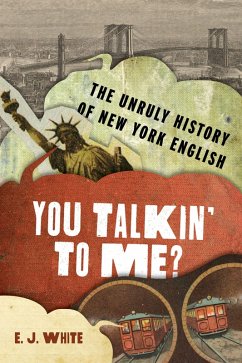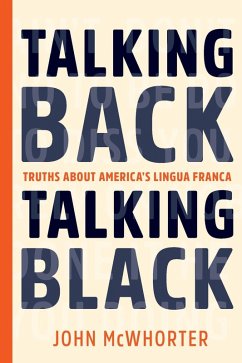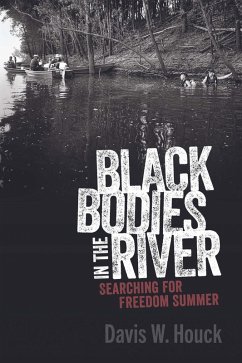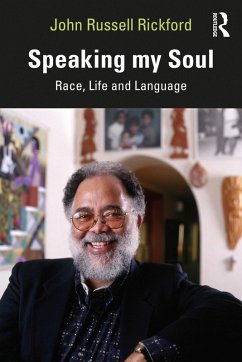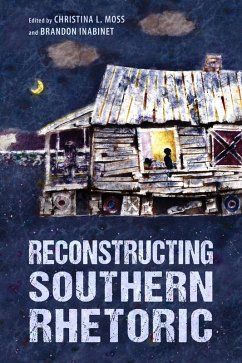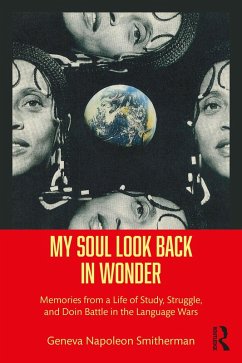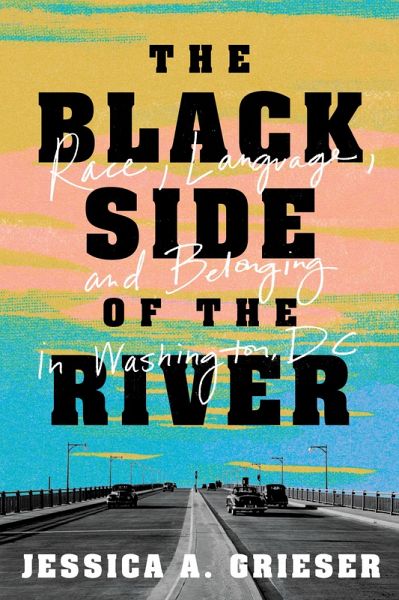
The Black Side of the River (eBook, ePUB)
Race, Language, and Belonging in Washington, DC
Versandkostenfrei!
Sofort per Download lieferbar
22,95 €
inkl. MwSt.
Weitere Ausgaben:

PAYBACK Punkte
11 °P sammeln!
In The Black Side of the River, sociolinguist Jessi Grieser draws on ten years of interviews with dozens of residents of Anacostiaa historically Black neighborhood in Washington, DCto explore the impact of urban change on Black culture, identity, and language. Grieser's work is a call to center Black lived experiences in urban research.
Dieser Download kann aus rechtlichen Gründen nur mit Rechnungsadresse in A, D ausgeliefert werden.






